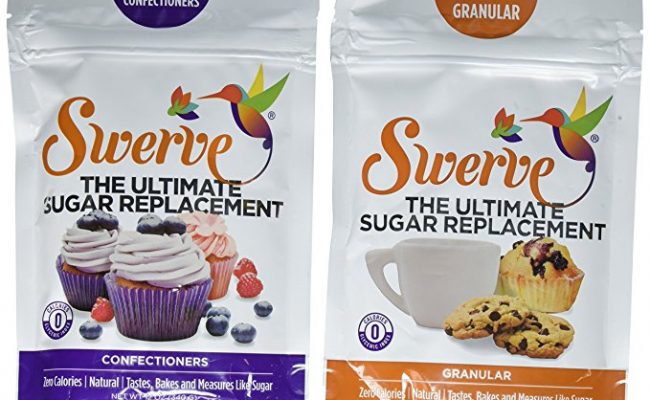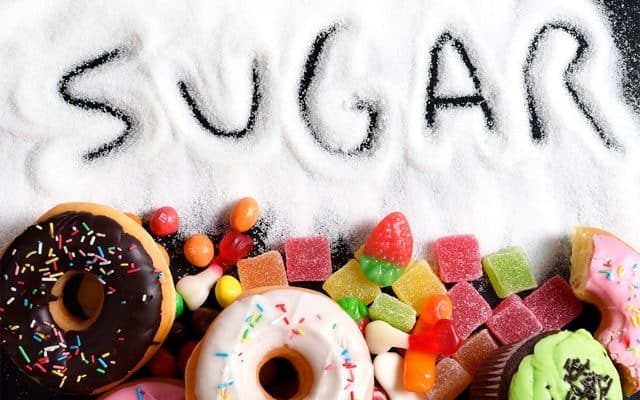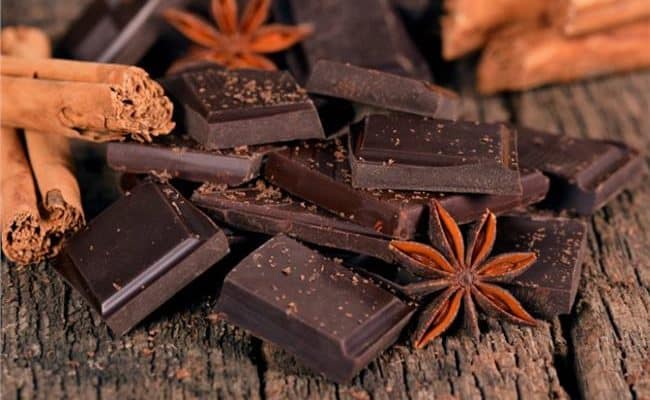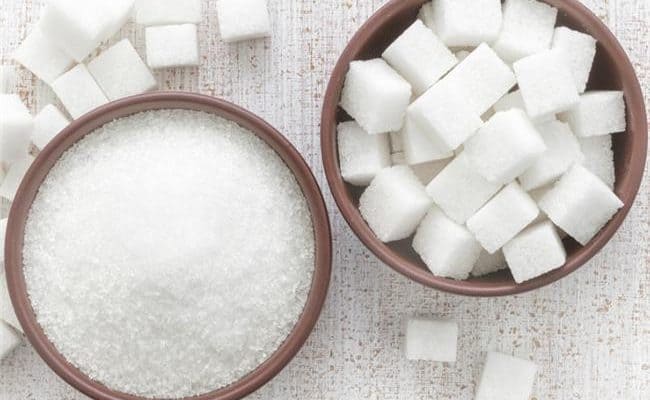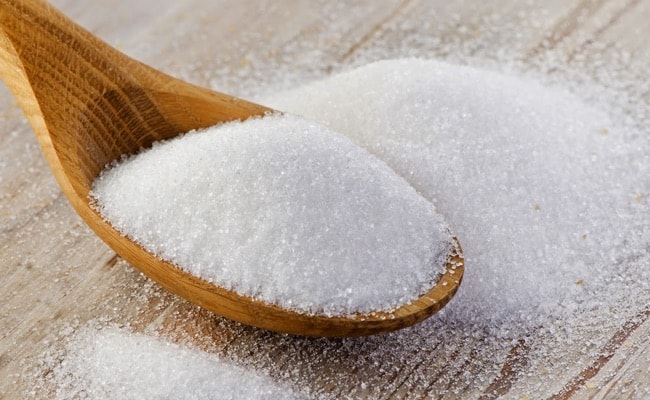
Whether it’s pure sugar, a chemical sweetener or a healthy sounding natural sugar alternative, health experts agree it’s generally best to cut back on sweet foods and drinks regardless of the source. The health risks of sugar are many including increasing risk for weight gain and possibly type 2 diabetes.
The risks of sugar substitutes can vary; some remain under a scrutiny they may increase risk for cancer. Some research has also shown artificial sweeteners may alter gut bacteria in a negative way and alter our sense and appetite for sweets.
Not all research concludes that sugar substitutes help with weight loss and maintenance, so the relationship between weight and sugar substitute is still being studied.
An unknown question with sugar substitutes is if really high doses increase risk for harmful effects in rodents, are small doses safe for humans?
Some researchers and health organizations say there’s no concern, but other groups are more hesitant. Here are some considerations for sugar substitutions.
Acesulfame-K
Acesulfame-K is often used with aspartame or sucralose in diet products or sugar free beverages. A concern with acesulfame-K is that a by-product of this called acetoacetamide has been shown to cause cancer in the thyroids of rats.
Acesulfame-k is considered a safe ingredient by the FDA, but some studies with rats suggest high doses may have harmful risks. Because of this, The Center for Science in the Public Interest (CSPI) recommends to avoid acesulfame-k.
Aspartame
Aspartame can be under other names such as NutraSweet or Equal. This sugar substitute probably more than others can cause adverse effects in some people like headaches.
The question with aspartame and cancer risk has been evolving since the 1970’s. From 2005-2010 independent researchers have done studies that suggest long term exposure of aspartame to young mice or rats can increase risk of certain cancers.
However, these research studies are contested by the FDA and European Food Safety Authority.
Some research also suggests aspartame may increase risk of pre-term delivery of babies. Despite these health controversies, aspartame is still on the market still under a haze of scrutiny from some groups including the CSPI.
Saccharin
Saccharin is one of the oldest artificial sweeteners and can also be found with the name Sweet ‘N Low. Saccharin, in large doses, has been shown to increase cancer risk for rodents. Saccharin is usually used in combination with other sweeteners in diet drinks or other sugar free products.
See also: Are low calorie sweeteners safe?
Saccharin has had a long history with cancer warnings and labels. Because of the potential risk in high doses, saccharin may not be the best choice for a sugar substitute.
However, as with other sweeteners, there is no designated threshold level. If you take a small dose of saccharin, will that cause harm? Maybe not, but if you take in high levels of saccharin that may be cause for concern.
Stevia and truvia
Stevia and truvia may not be as controversial as other sugar substitutes because it is derived from a plant. However, stevia’s long term effects may still be questionable.
Initial studies have actually shown that stevia can have beneficial effects on lowering blood pressure and may help stimulate an insulin response which is beneficial for type 2 diabetes.
However, if people are on blood pressure lowering or insulin medication, stevia could have an interaction with medication.
If you are on any medications, consult your medical team before increasing your amount of stevia intake.
Stevia’s effect on cancer risk is a little unclear; a study from UCLA found long term exposure may increase risk of DNA damage or genetic mutation.
There isn’t a lot of studies for long term effects with stevia, but a lot of studies from Japan have shown short term use as safe.
Local honey or maple syrup
Honey and maple syrup are basically sugar; they still provide the calories and can raise blood sugar. However, unlike white table sugar, they also provide antioxidants, vitamins and minerals to the body.
So, they’re not completely empty calories. While this is no excuse to over use these sweeteners, at least you can get some health benefit when you do use them in moderation.
Make sure your sources for honey and maple syrup are pure and not just glorified high fructose corn syrup. Look for locally made honey and pure maple syrup. It may cost more, but a little goes a long way.
Conclusion
Unfortunately, any sweetener is not completely innocent. Whatever type of sweetener you use, use them sparingly.
The bottom line for sugar and sugar substitutes is more is not better. Some sugar substitutes that have more controversy with high amounts include acesulfame-k, aspartame and saccharin.
Stevia and truvia are relatively new sugar substitutes and may offer some benefit with blood sugar and blood pressure regulation, but long term effects are not clearly understood.
Maple syrup and honey could be more nutritious sweetener offerings as they can provide antioxidants, vitamins and minerals along with their calories.
References used in this article
